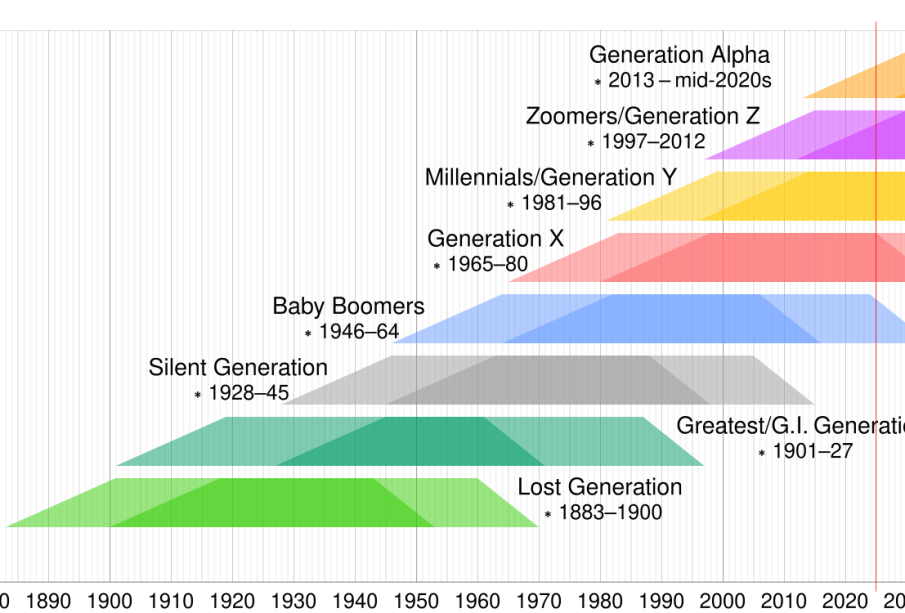The Significance of Generation X in Modern Society

Introduction
Generation X, often referred to as ‘Gen X,’ encompasses individuals born between 1965 and 1980. This cohort is not only sandwiched between the expansive Baby Boomer and Millennial generations but also plays a crucial role in shaping cultural, economic, and social landscapes. Understanding Gen X is vital, as this generation holds significant positions within the workforce and society, influencing future trends in technology, workplace dynamics, and activism.
Characteristics of Generation X
Generation X is known for its adaptability, independence, and skepticism. Having grown up in an era marked by economic downturns, rising divorce rates, and the advent of technology, Gen X individuals often exhibit pragmatic attitudes towards work and life. Many in this generation navigated a difficult job market and had to adapt to rapid technological changes, making them resourceful and resilient.
Current Trends Impacting Generation X
As of 2023, several trends significantly impact Generation X. One major concern is the financial security of this cohort, particularly as they transition toward retirement. With a significant portion of their savings tied up in real estate, fluctuations in the housing market can have profound implications for their economic stability.
Moreover, the COVID-19 pandemic has led to a reevaluation of work-life balance. Many Gen Xers are seeking flexible work arrangements, thus contributing to the rise of hybrid work environments tailored to accommodate shifting priorities and family responsibilities.
Another critical aspect is their increasing engagement with social issues. Many Gen X individuals are becoming more vocal about matters such as climate change and social justice, bridging generational divides in advocacy and activism. Their unique perspectives, accrued through varied life experiences, position them as valuable contributors to current social movements.
Conclusion
As Generation X continues to influence society, their mix of pragmatism and idealism presents unique opportunities for shaping the future. Organizations must recognize their contributions, particularly in leadership roles, as this generation’s approach to work and social issues is pivotal in fostering innovation and collaboration. The upcoming years will likely see Gen X increasingly positioned as mentors to younger generations, channeling their experiences into guiding societal change.









